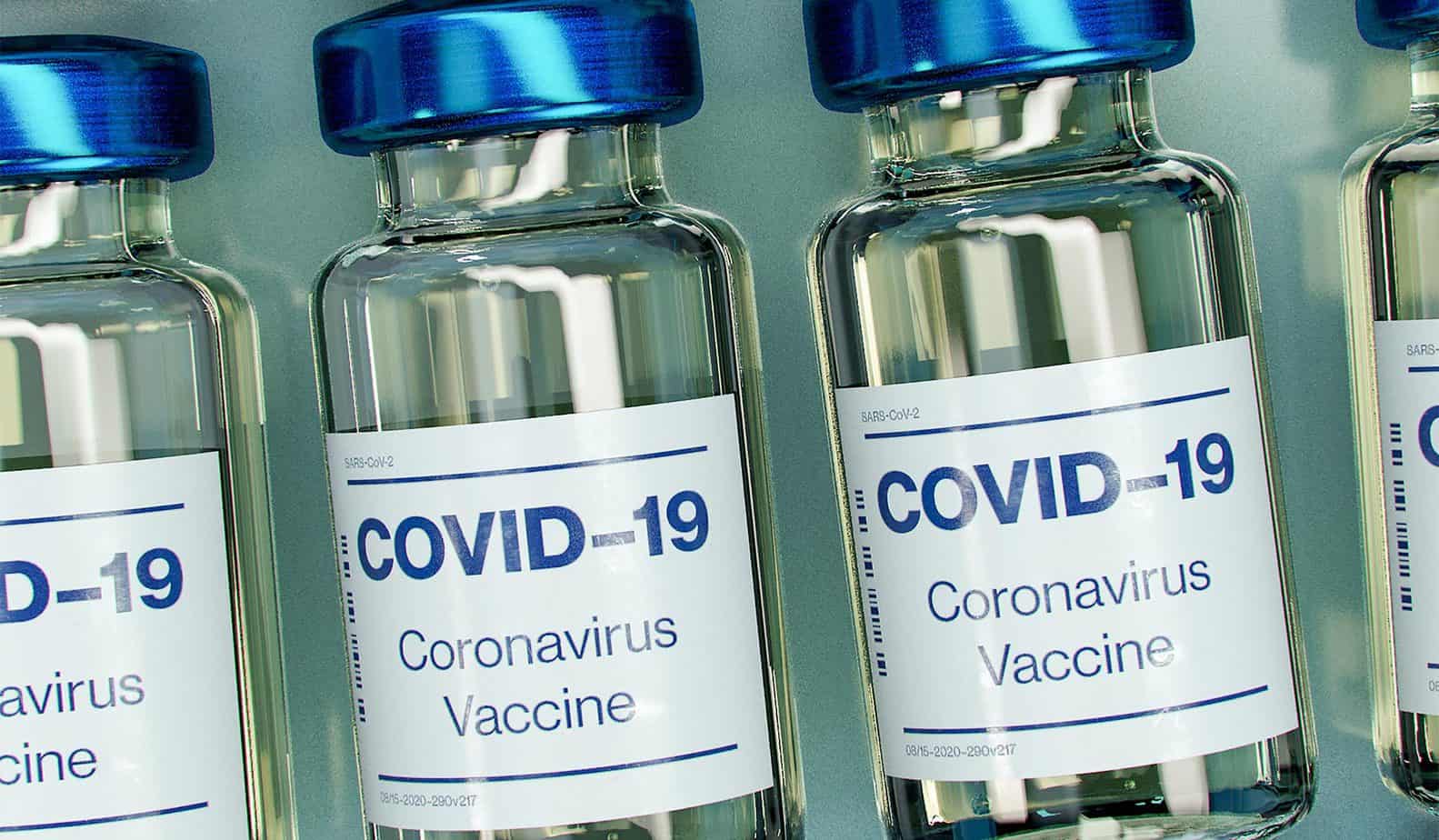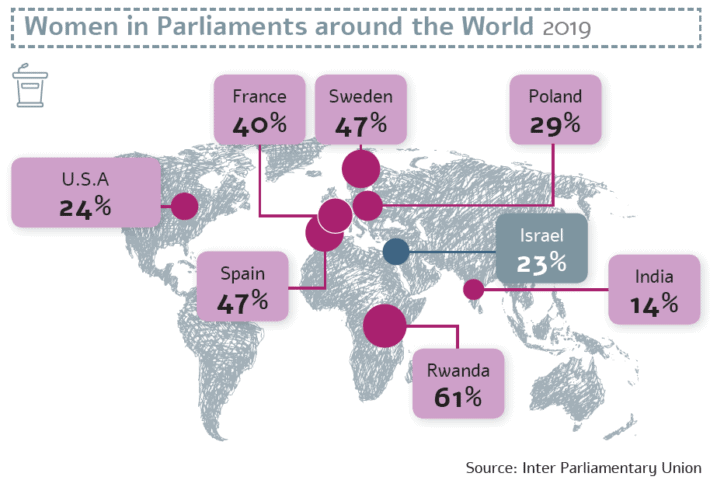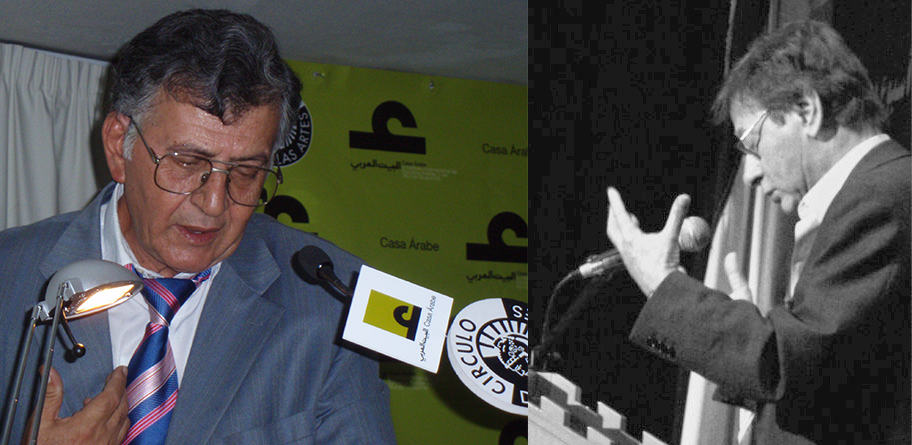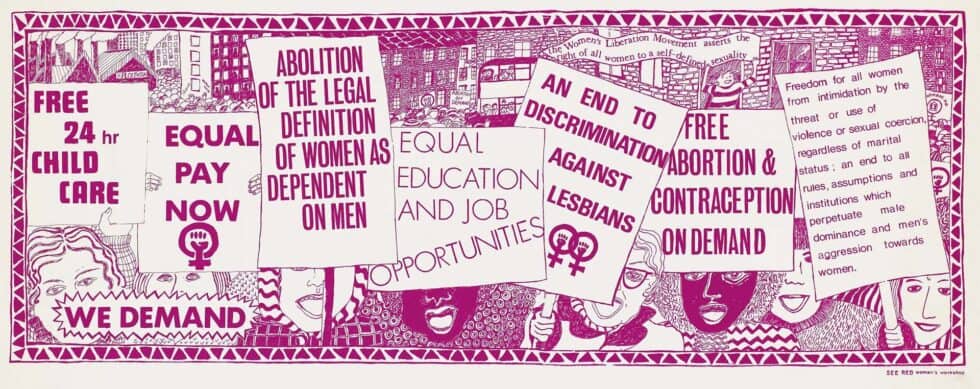Is the coronavirus over? Not for everyone
Dr. Hagai Boas | 02.06.2021 | Photo: Unsplash

After a year and three months of coronavirus pandemic restrictions in Israel, the health ministry issued the dramatic announcement: on June 1 the restrictions will be lifted. Israel is marching towards a new era, where the green pass or the purple pass will no longer apply, and that is definitely good news. But we mustn't forget those who belonged to risk groups in the first place, and who are not protected by the vaccine: the immunosuppressed, including organ transplantees.
If hitherto the immunosuppressed had a slight sense of security, thanks to the green pass regulations that created “coronavirus-free spaces,” from now on the joint spaces will no longer be protected and separated for them. Dr. Hagai Boas, head of the Science, Technology, and Civilization cluster at the Van Leer Jerusalem Institute, a kidney and liver transplantee, discusses the significance of the vaccine for people in his condition, in an article first published in the Hebrew edition of Haaretz on April 8, 2021. Ahead of the lifting of the green and purple pass regulations on June 1, we present the full article here:
Think about us organ transplantees, too
Israel rightfully boasts high levels of vaccination and serves as a model for the efficiency and necessity of the health funds as healthcare agencies that mediate between the state and the individual. And no less importantly: it also serves as a model thanks to the masses of Israelis who got vaccinated out of concern for their health and the health of their environment. There are always pockets of anti-vaccination resistance: from children's vaccinations to periodic vaccinations such as the flu vaccine. The social-demographic profile of the vaccine-hesitant and anti-vaccine groups can also be characterized. However, the coronavirus vaccines pose a special challenge. The vaccine was approved relatively quickly by the FDA in the US, and subsequently also by the Israeli Ministry of Health. The approval included reservations and comments, and actually stage IV of the vaccine experiment is the “wet” stage, in which side effects and success rates among the vaccinated population are monitored.
In that sense, we are all in stage IV. Ethical questions of consent to participate in stage IV, to what extent consent to be vaccinated is informed, and the nature of the relationship between the health ministry and the Pfizer company, are disturbing questions that have yet to be clarified. These, and fears of a new vaccine, motivate entire groups to avoid getting vaccinated. The tension between the individual's rights over their body and the common good that will arise from communal immunity has not eased, and solutions such as the green or purple pass raise other ethical questions.
I wish to offer another angle to examine the issue. I belong to the group of organ transplantees, who receive a cocktail of immunosuppressant drugs on a daily basis. Organ transplantees were not included in the stage III experiment groups of the coronavirus vaccines by the drug companies. The vaccines we received are actually stage III of the experiment. But it appears that despite the unequivocal recommendation of the Israeli Transplantation Society to vaccinate against the coronavirus, many of the transplantees have not developed any antibodies after being vaccinated.

Actually, we currently have no way to get out of the danger zone. Furthermore, among lung transplantees the risk of death from the coronavirus is particularly high. Among other organ transplantees the risk of death is also higher than in the general population. In simple words, we are living today like everybody was living at the beginning of the winter: without vaccines and without any foreseeable prospect of going back to normal. We are still in mortal danger.
As organ transplantees we are alive thanks to the generosity of others. Every organ transplantee and every organ donor know firsthand about solidarity and altruism. We are also well aware of the limitations of medicine: there is no medical technology for a perfect life. Health is always a relative, shaky and random concept. Vaccines are a good example of the importance of combining the social dimension and the technological dimension: solidarity without vaccines is powerless, vaccines without solidarity are an empty technology.
It may sound petty or somewhat bitter, but from the perspective of someone who wishes they could develop antibodies to the coronavirus in order to go back to normal, back to work, to meet people – the idea of doubting vaccinations whose efficiency has already been proven, the fear of long-term side effects (how long?), the claim that personal rights are being trampled by “vaccine-crazy” officials – all look like the privileges of healthy people. Criticism is important, certainly criticism of science and technology, but in the final accounting and given that we accept the safety of the vaccine, would it not be right to be vaccinated not only to protect yourself but also those who cannot be vaccinated?




